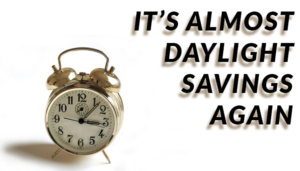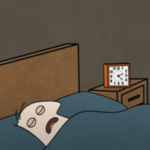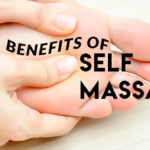
With Daylight Savings time rapidly approaching yet again, how does this seemingly minor change affect our sleep?
More than you might think.
Disrupting our body’s regular cycles can cause problems, especially since so many of us have precariously set internal clocks to begin with.
Studies have found there are more frequent car crashes and workplace accidents when we spring forward and lose an hour of sleep (OMG!).
Heart patients are at greater risk for heart attacks in the weeks following the Daylight Savings time change.
Yet even more significant is that researchers continue to discover important connections between a disrupted circadian rhythm and chronic health issues, from diabetes to heart disease to cognitive decline.
Studies have shown that everything from in-vitro fertilization success rates to our propensity to loaf around on the internet are all negatively influenced by the spring time change.
It’s looking like it’s not the hour early in the fall that gets us; statistically it’s the extra hour we tack on in March.
Ways that you can prepare ahead include reading our page for tips on how to keep a proper sleep schedule, fall asleep fast and take care of yourself for when March 11th rolls around.
Here are some more resources to help you:
- WALL CLOCK: This Talon Wall Clock features a medium-brown cherry finished case with charcoal gray bezel to compliment your home decor. The clock's quartz movement makes a soft ticking noise without the use of chimes for a quieter environment.








